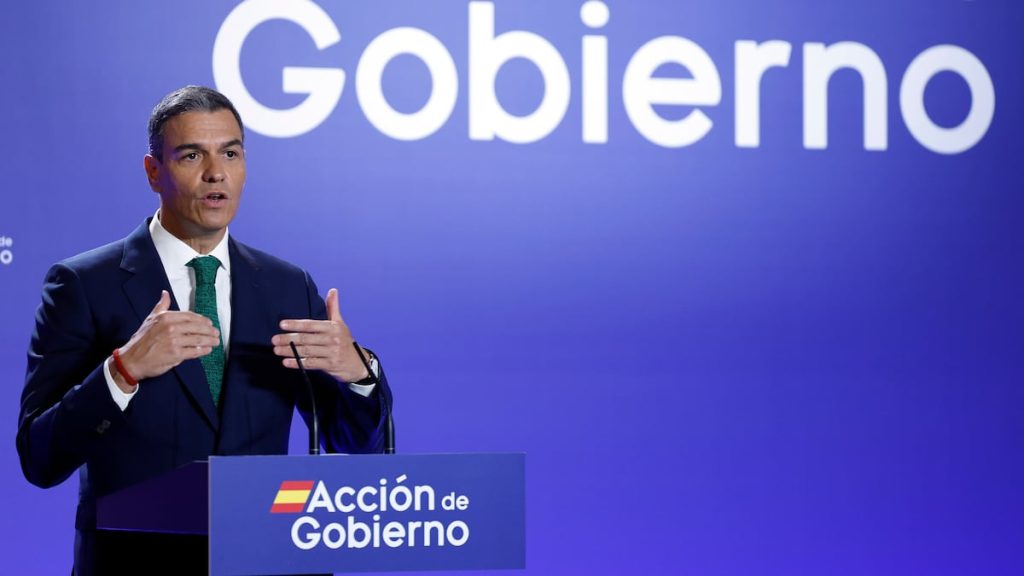The topic at hand is unpleasant, as most topics tend to be, but it is also false. Spain is not different. Its history is not anomalous, its economy is not a singularity, and its politics are not extravagant, despite the electric – or atomic – atmosphere of Madrid. The only peculiarity is its territorial model: an asymmetric or Picassian federalism that cannot even be called that, which generates turmoil every 10 or 15 years, usually related to the Basque Country or Catalonia. The latest of these upheavals is the proce’s, which, although dead, continues to leave replicas. For the funeral, the socialists agreed with ERC on a top-to-bottom reform of the financing system.
The socialists left 40 days and 40 nights for Esquerra to take ownership of the narrative under the pretext that the ultimate goal was to make Salvador Illa president. ERC took advantage of the time. They dubbed the system as a concert: chaos. They interpreted many of the ambiguities of that pact in their favor: more chaos. And this narrative, without the slightest explanation from the PSOE, ended up unleashing a storm among the conservative opinion of Madrid, even within the PSOE itself. Whenever a government, whether popular or socialist, has reformed the financing system, it has been to negotiate with Catalonia. And every time the left has done so, the trumpeters of Jericho have sounded the chant of “Spain is breaking apart”. President Pedro Sánchez and Vice President María Jesús Montero, after more than five weeks of silence, came out on Wednesday to provide political education and give the first explanations. This is about more money: the devil is always in the money.
We still do not know what the new financing system of this Picassian federalism will be. Sánchez and Montero have opened the door to more money for all the regions; without that, the agreement is impossible. “Decentralization, which is part of the federal model, is compatible with guaranteeing solidarity, fairness, and resource efficiency,” according to the president; with more money, everything seems a bit easier. There will also be some conditions, as Sánchez and Montero hint at Madrid and other regions governed by the PP, which reduce taxes and then ask for more resources from the state. The system reform outlined in the ERC-PSC pact is within the Catalan Statute and the Constitution. It is not a concert, as the top two of the Socialist Party tell us, and therefore the PSOE is not contradicting itself.
Every nation is the whole world alone, Pessoa said: in Spain, this whole world is very noisy. The quality of a democracy depends on how things are discussed, and in this country, we discuss poorly, with a lot of noise. It is incomprehensible that 40 days have passed to have these explanations, to educate a bit on a critical issue, to soften the deafening opinions. The financing system is complex, not very transparent, and presents serious problems of fairness and efficiency. It is time to start negotiating the next one with a delay of three decades, and after 40 days of sepulchral silence. The territorial model has Picassian traits and will continue to have them after agreeing to the new model, if the government succeeds, as La Moncloa cannot seem to shake off the feeling that the strategy is to kick the can down the road. The strategy, that phrase. It is interesting that the first clues of what is to come with the financing model, and therefore with the territorial model, arrive on the same day that Sánchez reshuffles La Moncloa with a futures expert, Diego Rubio. The president is addicted to tactics, but a bit less of that and a bit more strategy would be desirable in the government.
What affects us most is what happens closer to us. To not miss anything, subscribe.


